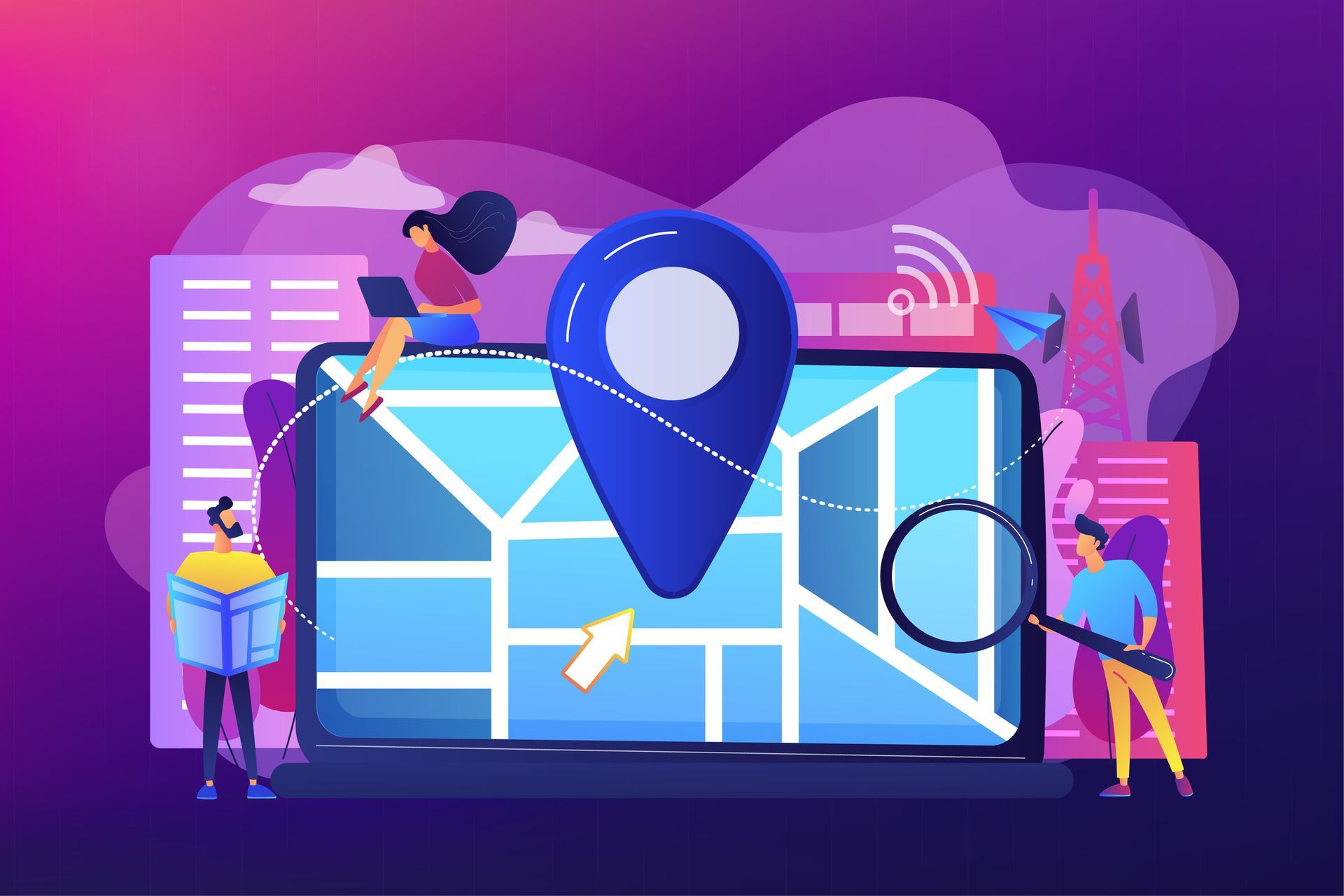Everything You Need to Know About Lead Generation in 2024
In 2024, mastering lead generation is more crucial than ever. The digital landscape is evolving, and staying ahead means adapting new strategies.
Whether you're a startup or an established business, understanding the latest in lead generation can be the difference between thriving and falling behind.
This blog post is your go-to guide, packed with insights and tips to help you capture more leads and grow your business in the dynamic digital age.
Introduction to Lead Generation
Lead generation refers to attracting and converting strangers and prospects into someone who has indicated an interest in your company's product or service. In the digital era, it encompasses a variety of tactics, tools, and strategies used to attract potential customers and guide them down the sales funnel.
The objective is to grab the attention of potential leads and nurture them until they are ready to make a purchase or engage with your business. With the proliferation of digital channels, businesses now have more opportunities—and challenges—than ever in reaching their target audience.
Effective lead generation strategies in 2024 require a deep understanding of
digital marketing trends, consumer behavior, and the latest technological advancements.
Current Trends in Lead Generation
- Personalization at Scale: Utilizing AI and machine learning to customize marketing messages and offers to individual prospects, improving engagement and conversion rates.
- Voice and Visual Search Optimization: Adapting strategies to rank higher in voice and visual searches, acknowledging the growing use of virtual assistants and image searches among consumers.
- Interactive Content: Employing quizzes, polls, interactive videos, and augmented reality (AR) experiences to engage audiences in a more dynamic and memorable way.
- Influencer Partnerships: Collaborating with influencers to tap into their dedicated followers and gain credibility and trust with a wider audience.
- Social Media Stories and Live Videos: Leveraging real-time content on platforms like Instagram, Facebook, and Snapchat to capture attention and drive more personalized interactions.
- Chatbots for Instant Interaction: Implementing AI-powered chatbots on websites and social media platforms to provide immediate assistance and nurture leads 24/7.
- Content Clusters for SEO: Creating clusters of related content around pillar pages to boost search engine rankings and provide comprehensive information to interested visitors.
The Role of Content Marketing in Lead Generation
Content marketing remains a powerhouse in the realm of lead generation, with its capability to attract and engage potential customers. Here are some key ways content marketing plays a crucial role in generating leads:
- Educational Blog Posts: These establish your brand as a thought leader in your industry, providing valuable information that solves problems or addresses the needs of your target audience.
- E-books and Whitepapers: Offering in-depth insights on specific topics, these resources can be used to capture contact information as a part of a content marketing strategy.
- Email Newsletters: Regular newsletters keep your audience engaged with your brand, offering updates, insights, and valuable content directly to their inbox.
- Video Content: With the rise in video consumption, creating informative or entertaining videos can attract a wider audience and encourage shares across social platforms.
- Social Media Content: Tailoring content for different social media platforms can help in spreading brand awareness and driving traffic to your website.
- Case Studies and Testimonials: Sharing success stories and testimonials from satisfied customers builds trust and credibility among potential clients.
- Infographics: These visual content pieces make complex information easy to understand and share, ideal for generating interest and leads through social shares.
Leveraging Social Media for Lead Generation
Social media platforms are not just for networking; they're powerful tools for lead generation. When leveraged correctly, they can significantly boost your lead generation efforts. Here are a few strategies:
- Optimized Profile Pages: Ensure your social media profiles are complete and optimized with updated contact information and keywords relevant to your business. This makes it easier for potential leads to find and learn about your business.
- Targeted Social Media Ads: Utilize the advanced targeting options provided by platforms like Facebook, LinkedIn, Instagram, and Twitter to reach specific demographics, interests, and behaviors. Tailored ads can direct traffic to your website or landing pages, capturing leads more effectively.
- Engaging Content: Regularly post engaging, valuable content that resonates with your target audience. This could include industry insights, how-to guides, and company news that encourages interaction and sharing.
- Direct Messaging for Personalized Engagement: Use direct messaging features to provide personalized responses to queries or feedback. This direct form of communication can quickly turn an interested user into a lead.
- Social Listening: Monitor mentions of your brand, products, or industry related keywords across social networks. Use these insights to engage in conversations, answer questions, and build relationships with potential leads.
- Lead Generation Forms: Platforms like LinkedIn offer lead generation forms within their advertising services, making it easy for users to express interest in your product or service without leaving the platform.
- Live Events and Webinars: Host live events, Q&A sessions, or webinars on social platforms to engage with your audience in real-time. These events can be a great way to gather leads through registrations.
Implementing these strategies can help you harness the full potential of social media for lead generation.
The Importance of SEO in Lead Generation
SEO is pivotal in driving organic traffic to your website, thus playing a vital role in lead generation. Here are key points on the importance of SEO:
- Improved Visibility: By optimizing your site with relevant keywords, you increase your visibility in search engine results pages (SERPs), making it easier for potential leads to find you.
- Higher Quality Traffic: SEO helps attract visitors who are actively searching for information related to your products or services, leading to higher conversion rates.
- Cost-Effectiveness: Compared to paid advertising, SEO is a cost-effective strategy for generating leads over the long term.
- Builds Credibility and Trust: Websites that rank high in search results are often perceived as more trustworthy and credible by users.
- Enhanced User Experience: SEO involves optimizing the usability and navigability of your website, which can contribute to a better user experience, encouraging visitors to stay longer and explore more pages.
- Mobile Optimization: With the increasing use of mobile devices to access the internet, mobile SEO is crucial for reaching potential leads effectively.
- Local SEO: For businesses serving specific geographic areas, local SEO marketing services can drive local traffic to your website, offering opportunities for local lead generation.
Conclusion
In the competitive landscape of 2024, understanding and implementing effective lead generation strategies is crucial for business success. By staying informed of current trends, leveraging content marketing and social media, and optimizing for SEO, you can generate leads more efficiently and grow your business in the digital age.
Do you find your current lead generation efforts falling short of your expectations? Reach out to explore how we can help transform your strategies for better results.
- Phone: 1-501-303-7477
- Email: bobby@gsdbusinesscoaching.com









